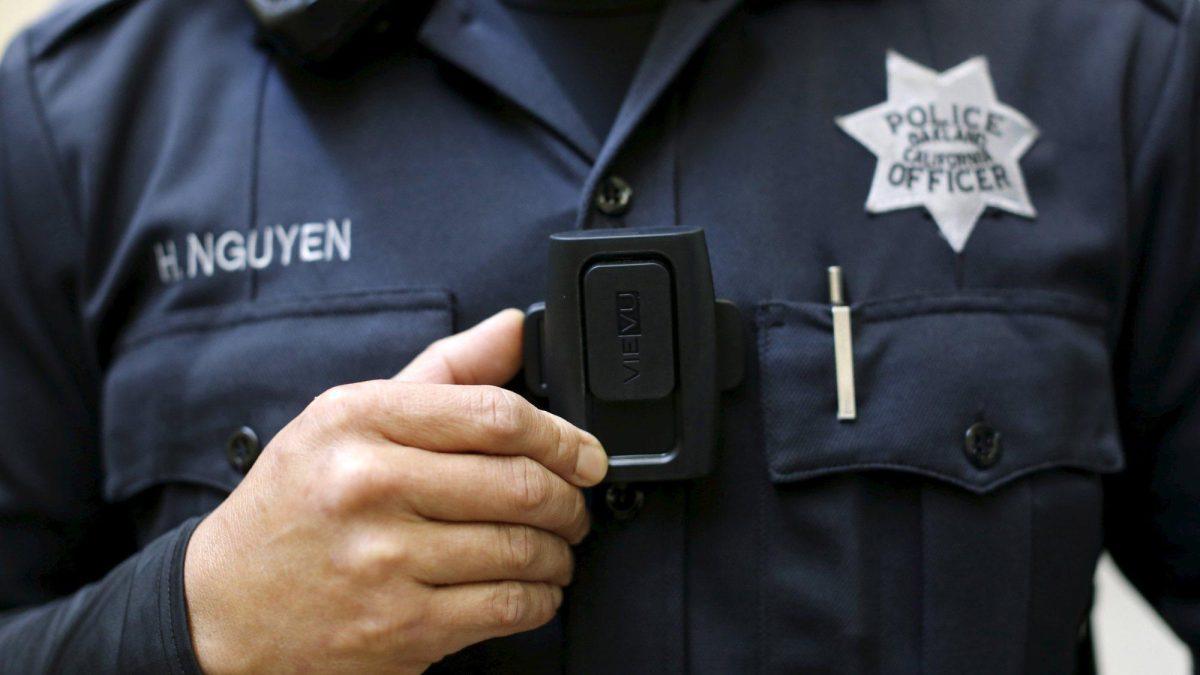As you may have read in Tuesday’s issue of The Daily Reveille, a bill that would make it mandatory for police officers in Louisiana to wear body cameras is being considered by the Louisiana legislature. Because this is already the case in other states and a few Louisiana parishes, the likelihood of this bill being passed is high.
Despite what you might have heard on Fox News or from other non-credible sources, several studies have shown that body cameras do not have a negative effect on officers and their actions. In fact, a study by William A. Farrar, a police chief in Rialto, California, has shown that police officers used force nearly 60 percent less often as officers that did not wear a camera.
Officers also act in a more positive manner when a camera is recording them, according to an article by the Atlantic. It’s sad how these facts show that police officers are fully aware that they do some questionable stuff while on duty. A camera can change that.
If you look at the article published on Tuesday, one negative part stands out. Although officers would wear a camera at all times, ostensibly recording the contact from beginning to end, they decide when to press the record button. That gives an officer the ability to choose the angle. Those body cameras were invented to deliver trustworthy evidence, but if a police officer starts recording in the middle of a case, the evidence is practically useless.
Body cameras throughout the country have done a good job exposing racially biased officers too. But if a white racially biased officer encounters a black person and he knows things might escalate, I doubt that he wants to provide the evidence for actions that might get him fired or even jailed.
The Eric Garner case killed many people’s hope that videos would lead to more justice. The video evidence, which was recorded from almost the beginning of the conflict to the murder, gave us a perfect picture that Eric Garner clearly did not deserve to die that day. But authorities ignored it.
On the other hand, the video evidence showing 50-year-old Walter Scott being shot eight times by an officer while slowly running away lead to more than protests and outraged. The officer was charged with murder, lost his job and still is in jail today.
We cannot expect that body cameras will lead to justice in every case, but it is definitely a step forward. Video evidence filmed by a random person with a flip phone will never be as useful as the one provided by body cameras if the officers use them correctly and ethically.
There is a good amount of cops out there who simply seem to have the wrong job. If body cameras at least make them think twice before pulling the trigger in a harmless situation, they have already proven how necessary they are.
Markus Hüfner is a 19-year-old mass communication freshman from Kristiansand, Norway. You can reach him on Twitter @MHufner_TDR.
Opinion: Body cameras for cops the first step to more justice
April 16, 2015
More to Discover








